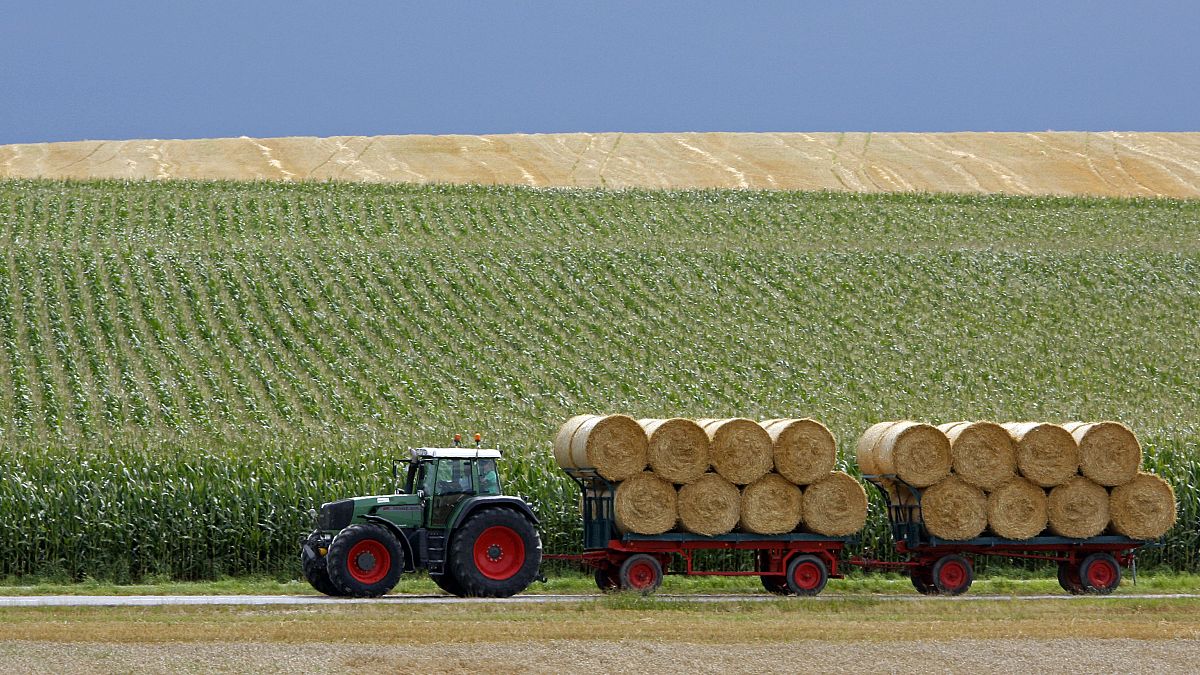The changes could see some plants become more resistant to climate change phenomena, such as drought and heatwaves.
The European Commission announced proposals on Wednesday for the relaxation of rules for gene edited crops, paving the way for the possible authorisation and regulation of so-called New Genomic Techniques (NGTs).
According to the Commission, these innovations could make it possible to develop plants that are more resistant to climate change or parasites.
In short, NGTs can enhance food safety and make it more sustainable to the benefit of consumers.
"We can be much faster, we can be much more targeted and with that we can probably also be cheaper," Garlich von Essen, secretary general of Euroseeds told Euronews.
"So, we will be able to focus our breeding and we will be able to focus on trade that really matters to farmers and to consumers."
The principle behind these new genomic techniques is to mutate the existing genomes of a plant variety without adding genes from outside the species.
The Commission stresses that this innovation could, for example, halve the use of pesticides.
But for environmental organisations, NGT is just another name for genetically modified organisms (GMOs)
"Some years ago, the highest court in Europe made a ruling and said very clearly that new genomic techniques are GMOs, legally, politically, scientifically, this is all sorted out," Mute Schimpf from Friends of the Earth Europe told Euronews.
"So far, there's very limited research done on how they could impact nature, how they could impact human health and to make it more concrete.
"If you think about butterflies, about bees, and pollinators there hasn't really been comprehensive research if they might be impacted or not and, we think, before we can put them [NGT] in nature you should do some basic safety checks."
NGOs also argue that the Commission's proposal to remove labelling requirements and safety controls would result in a lack of transparency for consumers and producers.
The debate is open, and it is now up to the member states and the European Parliament to give their views on these new technologies.
